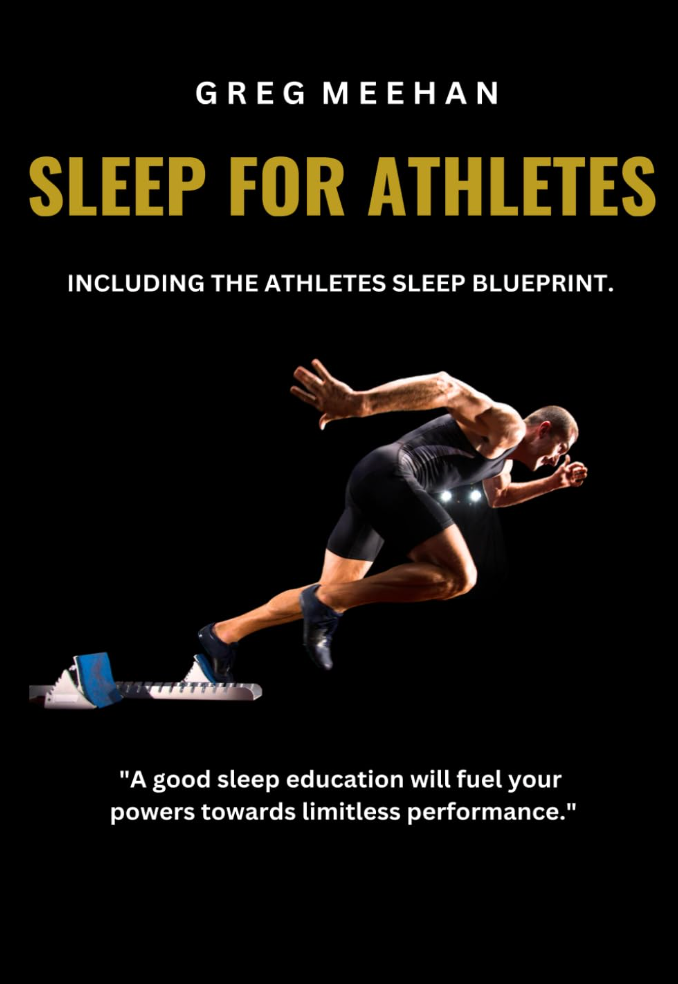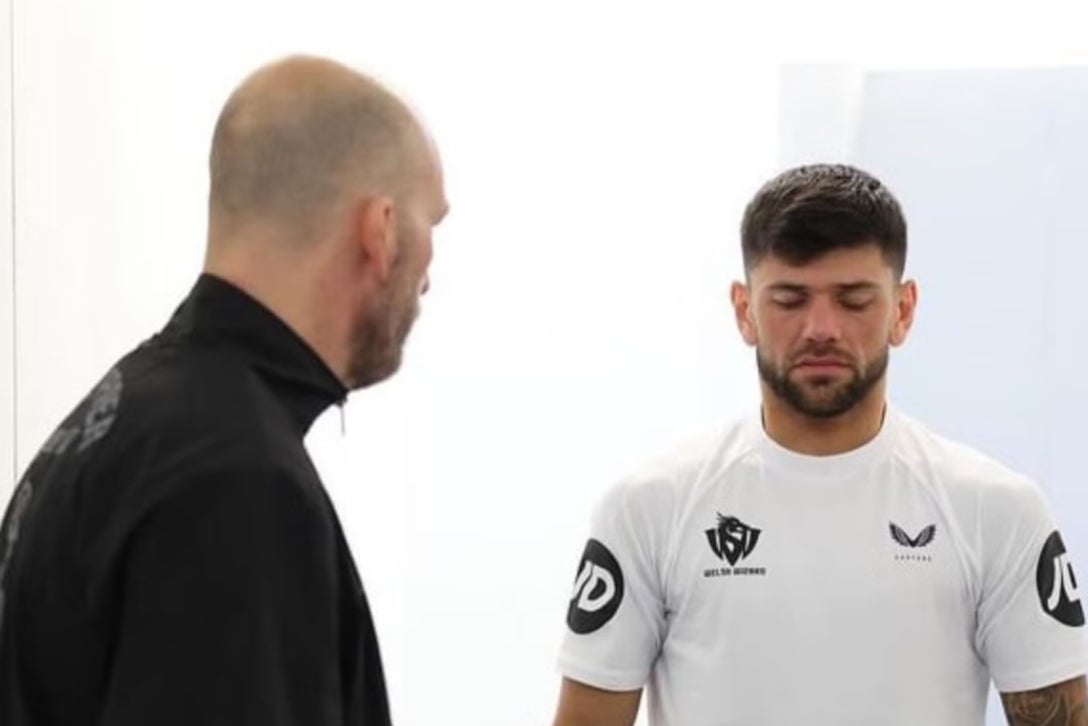Your support helps us to tell the story
From reproductive rights to climate change to Big Tech, The Independent is on the ground when the story is developing. Whether it’s investigating the financials of Elon Musk’s pro-Trump PAC or producing our latest documentary, ‘The A Word’, which shines a light on the American women fighting for reproductive rights, we know how important it is to parse out the facts from the messaging.
At such a critical moment in US history, we need reporters on the ground. Your donation allows us to keep sending journalists to speak to both sides of the story.
The Independent is trusted by Americans across the entire political spectrum. And unlike many other quality news outlets, we choose not to lock Americans out of our reporting and analysis with paywalls. We believe quality journalism should be available to everyone, paid for by those who can afford it.
Your support makes all the difference.
The truth is, you’re probably not sleeping correctly. Yes, you’ve slept every day of your life, but that doesn’t make you an expert, I’m afraid. If it’s any consolation, though, many professional athletes aren’t sleeping properly either. The good news is: there are experts out there.
Enter Greg Meehan, who advises athletes not only on sleep but also breath work and mental performance. These strands are threads on which more and more sportspeople are pulling, seeking marginal gains at the elite level. Meehan has worked with pro boxers, golfers and Premier League footballers – among others – and the east Londoner’s latest move is his book: Sleep For Athletes.
In it, Meehan analyses the “eight-hours myth”, the four sleep states, the sleep clock, and more. The book marks an attempt to demystify research around sleep, and to educate younger athletes who perhaps can’t afford a team of experts or sleep specialist. “I’d say 80 per cent of these athletes, I’d ask them about sleep, and they’d say they’re fine,” Meehan, 47, tells The Independent, “but I’d ask them a few questions about it, and it really wasn’t fine.
“Another coach around them would say: ‘Get eight hours, you’ll be fine.’ But the athlete would be going to sleep at different times, they wouldn’t know about circadian rhythms, and so on. There’s been high-level footballers I’ve worked with, and I’ve been surprised by their lack of knowledge around sleep.”
We’ll quickly return to circadian rhythms, but the easiest place to start is the “eight-hours myth”. You know it: we should aim for eight hours’ sleep a night, right? Not exactly.
“The eight hours are a myth,” Meehan suggests. “I think that’s a healthy benchmark, but you can’t say a 21-year-old pro athlete needs the same sleep as me at nearly 50. I’m active, but my body doesn’t need as much rest as they do; they could need anything up to 12 hours. At the same time, a young athlete [may worry], ‘I only got seven hours…’ but a lot of things around that could still make seven hours’ sleep functional. I don’t think [eight] is a written law that should be focused on too much, it’s distracting.”
So, what should we focus on? Next, Meehan decodes circadian rhythms.

“That’s basically your sleep clock,” he explains. “Optimising sleep actually starts in the morning. There’s a lot of science around how daylight switches on your circadian rhythms. It effectively creates a 16-hour countdown for the brain to start shutting down. You can programme that; the brain looks for sleep cues.”
Sleep cues can range from turning off lights to having dinner – things which signal to your brain that the end of your day is near.
“If an athlete had a 10pm target for sleep, I’d tell them to turn off as many lights as possible about an hour before, and there would be breathing techniques to help them slow their heart rate. If you have three meals a day, your last meal is another cue.
“Also, one of the biggest things that many athletes don’t know about is the human-growth-hormone dump, which we get in the first 90 minutes of sleep. The brain produces it ready for those first 90 minutes, but it won’t produce it if it doesn’t know when to. So, if you’re going to sleep at 9pm then 1am then 11pm, athletes will miss that biggest hormone dump.”
Meehan also mentions the nervous system, melatonin, cortisol, and cerebrospinal fluid, but only ever before explaining these terms simply – per the point of his book.

Yet what may jump out to readers are notes on phone use and caffeine.
Firstly, we’ve all been there: scrolling through social media or texting in bed, before finally accepting that piercing light in a dark room won’t do any good. The phone is then put to sleep, yet we struggle to follow. “I describe that as driving a Ferrari around all day, then you want to park it without slowing it down,” Meehan says. “We’ll watch TV or stay on our phone, then say: ‘I want to sleep now.’ Your brain’s not prepared for it, especially if it’s got no sleep cue, target, or time.”
And caffeine… How many of us rely on it, or have that final coffee too late in the day? “It’s individual, because some people develop tolerance to caffeine,” Meehan says. “A rule of thumb for me is: I wouldn’t encourage someone to have coffee after 2pm, if they’re looking to go to sleep at 9pm or 10pm. If someone’s training or playing later in the evening, they can stretch that, because caffeine can be a tactical intake as well – many athletes use caffeine gels pre-game.”
Generally, though, Meehan advises sportspeople not to consume liquid too close to their bedtime, as it can lead someone to wake up during one of the four sleep stages.
“I describe it like a staircase,” he says. “You’ve got the four stages: light awake, light sleep, deep sleep, REM sleep. Light sleep is usually 55 or 60 per cent of your sleep. Deep sleep and REM are restorative stages for your brain and body. You want to aim for deep and REM – combined – to be about 35 per cent of your sleep total.

“That lasts generally 90 minutes as a sleep cycle, and you can’t go into each new state without passing through the one before. If you break the cycle, you have to go to the top of the stairs again. REM is where the magic happens” – and where we dream most vividly – “but I think the interesting one is deep sleep, preparing you for REM. Deep sleep kind of stills your body, so you don’t act out your dream. I saw a boxer the other day, and he joked about throwing punches in bed!”
Another area of increased investment among athletes is sleep tracking, yet Meehan offers a warning. He mentions orthosomnia, a medical term for the obsession with getting perfect sleep, and how it can create a “data trap”.
“I’d encourage a fighter to take off their Whoop, or such, 10 days before a fight,” Meehan says, referencing the popular fitness tracker. “Because if they get a low reading on one metric, it can be very distracting. A fighter could have an unbelievable camp, but have a bad sleep on fight week, and I see a completely different version of them. That’s worrying for me.”
You might just see a completely different version of yourself, but for the better, if you take Meehan’s sleep advice on board.
Sleep For Athletes, the new book by Greg Meehan, is available to purchase now. Follow Meehan on Instagram at @gregmeehan_rise.






